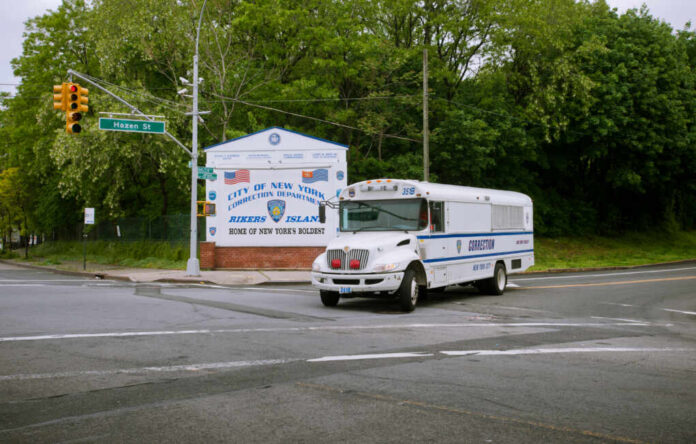
When a federal judge decides to overhaul the management of Rikers Island, it’s more than a shift in control—it’s a scalding verdict on failed leadership and constitutional violations.
At a Glance
- Rikers Island management handed over to an independent authority.
- Judge rejects city-appointed compliance director amidst reform failures.
- Decades of brutality signal broader flaws in U.S. detention systems.
- Constitutional breaches result in federal intervention.
Federal Judge’s Landmark Decision
Chief U.S. District Judge Laura Taylor Swain took the unprecedented step of placing Rikers Island under the control of an independent overseer, rejecting New York City’s attempt to appoint their current correction commissioner as a compliance director. This decision, after nearly ten years of unsuccessful reform attempts and worsening conditions, is a clarion call demanding change. The monitoring team underscored the neglect, citing organized “fight nights” by gang leaders and inhumane inmate conditions.
The judge cited the city’s overt contempt for a 2015 settlement agreement aimed at curbing brutality, shedding light on systemic dysfunction. Issues including security failures and ignored mental health crises amplify Eighth Amendment concerns. Receivership remains a rare judicial remedy, highlighting the severity of these breaches.
Insight into Broader Issues
The ruling on Rikers Island serves as a stark reminder of the broader issues tangled within the fabric of U.S. prisons. Constitutional rights often get trampled over, particularly the Eighth Amendment’s promises of basic health care and humane conditions. This isn’t an isolated problem; jails across Georgia, Mississippi, Texas, and California have similar stories of neglect and abuse. A recent Senate report finding an undercount of over 1,000 prison deaths in one year is the most terrifying testament to these failings.
“There is no doubt that these less extreme measures have proven futile.” – Laura Taylor Swain.
Receivership is no small fit, applied sparingly over the past 50 years, yet this necessity speaks volumes about the depth of crisis. Despite its gravity, city officials state that the jails remain under their control and assert they are making progress. Perhaps it’s time to question their definition of ‘progress.’
The Need for Comprehensive Reform
The appointed manager will collaborate with the city’s jails commissioner to repair the damage. Mayor Eric Adams concedes past failures, stating, “The problems at Rikers are decades in the making.” He promises compliance with the court order but laments legislative demands that hinder genuine progress, such as the pending shutdown of Rikers by 2027. That’s part of the comfort zone—a political obstacle too convenient to wallow behind.
“For decades, Rikers has represented a systemic failure of multiple mayoral administrations—plagued by violence, neglect, and dangerous and inhumane conditions. While I applaud this decision, I do not view it as a victory; instead, it is a scathing indictment of our city’s failed leadership.” – Mayoral candidate Scott Stringer.
This handover is celebrated by reform advocates as a stride towards detaching political motives from critical decisions. As federal monitoring takes over, the hope is to see constitutionally abiding jails where real change triumphs over rhetoric. The cries of the neglected and abused demand urgent attention—as any patriot would insist, these challenges call for nothing less than a full-scale, national redemption.




























